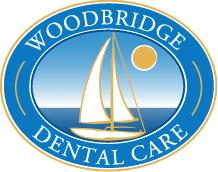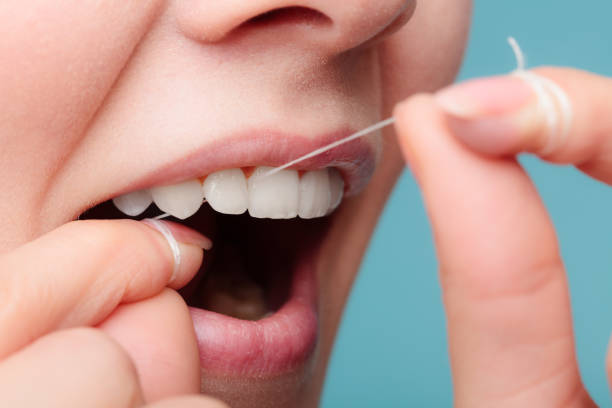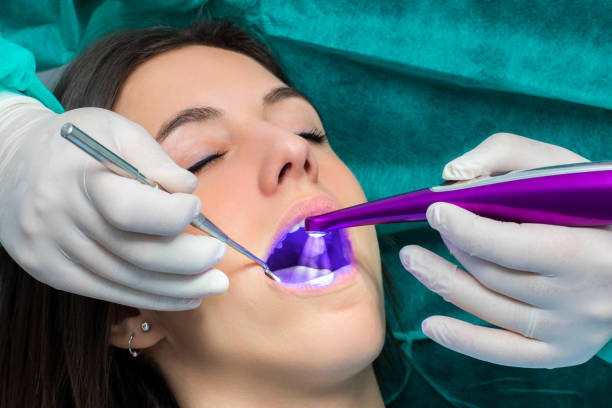What do you know about the formation of your teeth? The more information patients have about their teeth, the better they can take care of them. In addition, they also have a better understanding of how important it is to take care of them.
The tooth is one of the body’s most anatomically complex structures. A tooth’s tissue composition is found only in your mouth and is unique to your teeth.
Teeth, both primary and permanent
Primary teeth, also known as baby teeth, are the first set of teeth that a person develops. By the age of three, most children have all 20 primary teeth. Baby teeth have shorter, thinner roots than permanent teeth, as well as thinner enamel, giving them a much whiter appearance.
These teeth are only the first draft of our bodies. Between the ages of 6 and 12, primary teeth usually fall out and are replaced by adult teeth. All baby teeth will have been replaced by the age of 14 by 28 permanent teeth. A full permanent dentition consists of 32 teeth, including wisdom teeth, which may appear in a person’s twenties.
Teeth Varieties
All teeth are not created equal. Your teeth serve different purposes and thus have different shapes. Because of their various shapes and functions, your teeth have names to help you identify them:
- Incisors are the four teeth in the middle of the upper and lower jaws. They’re used for chopping, cutting, and holding food. The section of an incisor that you bite with is wide and thin, giving these teeth the appearance of tiny chisels with a cutting edge.
- Canines are the pointed-shaped teeth. Canines, also known as cuspids (a single-pointed tooth), are located on either side of the incisors. They are used to hold and tear food. Many people mistake them for their fangs.
- Premolars: Following the eruption of all permanent teeth, four premolars, known as bicuspids, are found next to each canine. Premolars are designed to be larger and more powerful than canines and incisors. They have ridges that crush and grind food to make it easier to swallow and digest.
- Molars: The molar is the final type of tooth. The 12 molars are flat teeth at the back of the mouth that are very wide and have several ridges to grind up food so that it can be swallowed. Properly chewing your food with your molars can help you avoid digestive issues and choking.
Your tooth’s components
Your teeth are made up of various layers and parts that connect to your jaw. They are also designed to be long-lasting and to aid in the chewing of any food texture. You can also cut a tooth into three sections:
Crown: The crown is the visible portion of the tooth above the gums, and it is composed of three layers. To begin with, it is enameled. The enamel acts as a shield to protect the inside of the tooth. Enamel is the hardest substance in the human body and is essential for tooth protection.
A second layer lies beneath the hard exterior. Dentin, which is slightly darker in color, accounts for the majority of the tooth’s material. Dentine is a bone-like substance that separates the hard enamel from the soft and delicate pulp cavity.
The pulp cavity, located at the core, is where the blood vessels and nerves from the roots meet. This is what gives a tooth life and the sensitivity to feel the temperature of our food and drinks, as well as pain.
Neck: The neck is the middle region of the tooth that separates the crown from the root at the gum line. As a neck, it is slightly thinner than the other sections.
Root: The root is located beneath the gum line and contains more pulp. This section of the pulp contains the nerve endings of each tooth as well as the blood vessels that bring nutrients to the tooth. Each tooth has a different number of roots. Molars will have two or three roots, while incisors, canines, and premolars will have one. The long roots that connect our teeth to our jaws are held in place and cushioned by the periodontal membrane that lies between them and the surrounding jaw bone.
You will be able to detect problems with your teeth more quickly now that you understand how they are constructed. However, our dentist in Woodbridge is always available to assist you! How much do you know about the construction of your teeth? We believe that the more our patients understand about their teeth, the better they will be able to care for them. Please contact Woodbridge Dental Care today to schedule an appointment.












